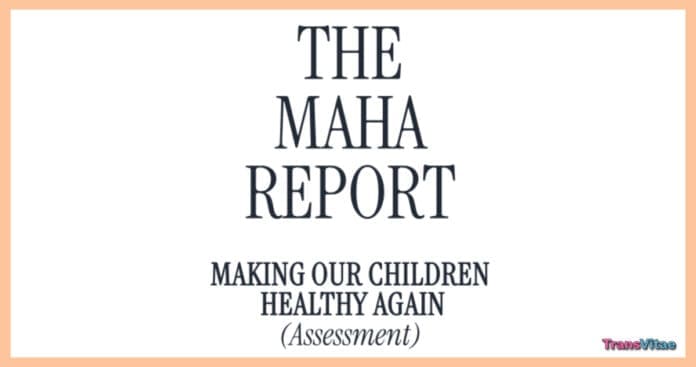The HHS “Make America Healthy Again” (MAHA) report’s section on transgender youth care has sparked fresh criticism, not for its focus on gender-affirming medicine, but for leaning on discredited science, retracted studies, and questionable sources. Given the department’s leadership, this outcome may not be unexpected.
A Notus investigation revealed that the trans-health segment “cites a study on…‘rapid-onset gender dysphoria’ that was retracted by its first publisher.” Even more concerning: “dozens of studies from a controversial scientific journal…Archives of Sexual Behavior,” criticized for bias, account for the bulk of its citations, far more than any other journal.
The inclusion of a retracted study on rapid-onset gender dysphoria, widely discredited in academic circles, raises serious red flags. That the report leans heavily on sources with apparent ideological leanings over peer-reviewed credibility is equally troubling.
RELATED: Inside the HHS Review on Trans Youth: Facts, Fears, Fallout
AI-Generated Hallucinations or “Formatting Issues”?
This follows broader scrutiny of the MAHA report, which spans hundreds of citations. Notus found seven entirely fabricated studies, broken links, and mischaracterized research. Some references even included the tag “oaicite,” suggesting generative AI tools like ChatGPT played a role.
A White House spokesperson dismissed these miscues as mere “formatting issues.” The online version of the MAHA report was quickly revised—nonexistent citations removed, broken links repaired, and versions updated—though skepticism remains.
Faulty Foundations, Flawed Policy?
The substance of the MAHA report, as defenders insist, remains “transformative.” But when a department head undermines credibility by citing ghost studies or retracted work, the foundation for policy on gender-affirming care becomes shaky.
At issue isn’t just incorrect citations; millions of transgender youth and their families deserve policy guided by rigorous, reliable science. Missteps here aren’t academic; they carry real-world impact on access to hormone therapy, surgery, and mental health support.
A Pattern, Not an Exception
The HHS department under RFK Jr. has already made a name for itself by challenging elite medical journals and promising transparency, as long as it’s “his” version of science. So when conclusions meant to guide public health on trans care hang on flimsy evidence, it fits the broader pattern: bold claims, shaky substantiation.
For families depending on evidence-based gender-affirming care, this matters. Reports like MAHA are supposed to offer clarity. When they blur the line between evidence and echo chamber, clarity becomes confusion, and policy decisions may suffer.
The Bottom Line
There’s no sense feigning surprise. Under RFK Jr., HHS seems comfortable deploying bold narratives backed by half-truths and hallucinated science. That’s a problem, especially in the sensitive arena of transgender youth healthcare.
Whipping up concern about “rapid-onset gender dysphoria” without peer-reviewed backing or leaning on retracted studies is not just sloppy, it’s irresponsible. The fixable parts, footnotes, and citations will likely be patched. But unless HHS commits to sound, vetted evidence, trust in its guidance on gender-affirming care will remain in jeopardy.


